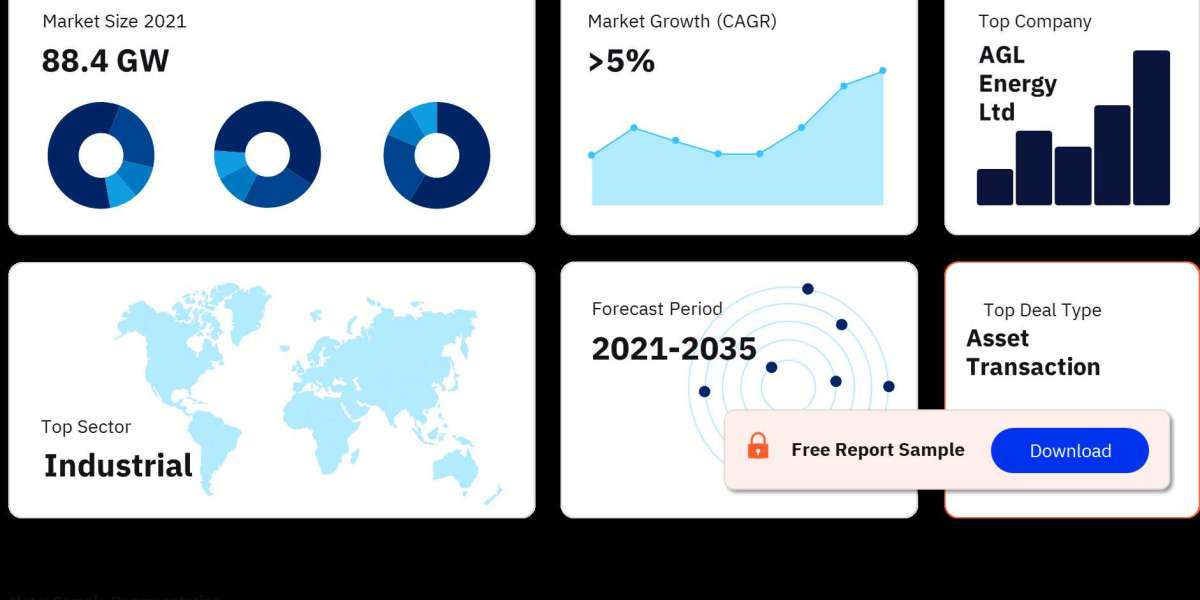With the rising popularity of digital currencies, it is essential for businesses and individuals to stay compliant to avoid legal troubles and financial penalties.
Global Regulations
Each country has its own set of regulations when it comes to cryptocurrency transactions. For example, in the United States, the Financial Crimes Enforcement Network (FinCEN) regulates virtual currency transactions under the Bank Secrecy Act (BSA). In Europe, the Fifth Anti-Money Laundering Directive (5AMLD) requires cryptocurrency exchanges and wallet providers to conduct customer due diligence and report suspicious activities to authorities.
Compliance Challenges
Despite efforts to establish regulations, compliance in global cryptocurrency transactions poses many challenges. The decentralized nature of blockchain technology makes it difficult to track and monitor transactions. Additionally, the anonymity of users in the cryptocurrency space creates opportunities for illicit activities such as money laundering and terrorist financing.
The Business Perspective
From a business standpoint, ensuring compliance in global cryptocurrency transactions is essential to building trust with customers and partners. By following regulatory guidelines, companies can demonstrate their commitment to transparency and ethical business practices. This not only helps in avoiding legal issues but also enhances the credibility and reputation of the business.
Benefits of Compliance
- Enhanced Reputation: Compliance with regulations showcases a commitment to integrity and trustworthiness.
- Risk Mitigation: By following guidelines, businesses can reduce the risk of fines and penalties.
- Customer Trust: Compliance helps in building trust with customers who value transparency and security.
Tools for Compliance
There are various tools and technologies available to help businesses ensure compliance in global cryptocurrency transactions. KYC (Know Your Customer) and AML (Anti-Money Laundering) procedures are essential for verifying the identity of customers and flagging suspicious activities. Automated compliance solutions can streamline the process and reduce the burden of manual monitoring.
The Future of Compliance
As the cryptocurrency industry continues to evolve, the future of compliance will be driven by technological advancements and regulatory frameworks. More countries are expected to tighten regulations to combat financial crimes and protect investors. Businesses will need to adapt to these changes by investing in compliance measures and staying abreast of emerging trends.
Ensuring compliance in global cryptocurrency transactions is a complex yet essential task for businesses and individuals operating in the digital currency space. By staying informed about regulatory requirements, implementing robust compliance measures, and leveraging technology, companies can navigate the regulatory landscape and build a trustworthy reputation in the market.
Continue reading here: Electronic Fund Transfer Act (EFTA)






